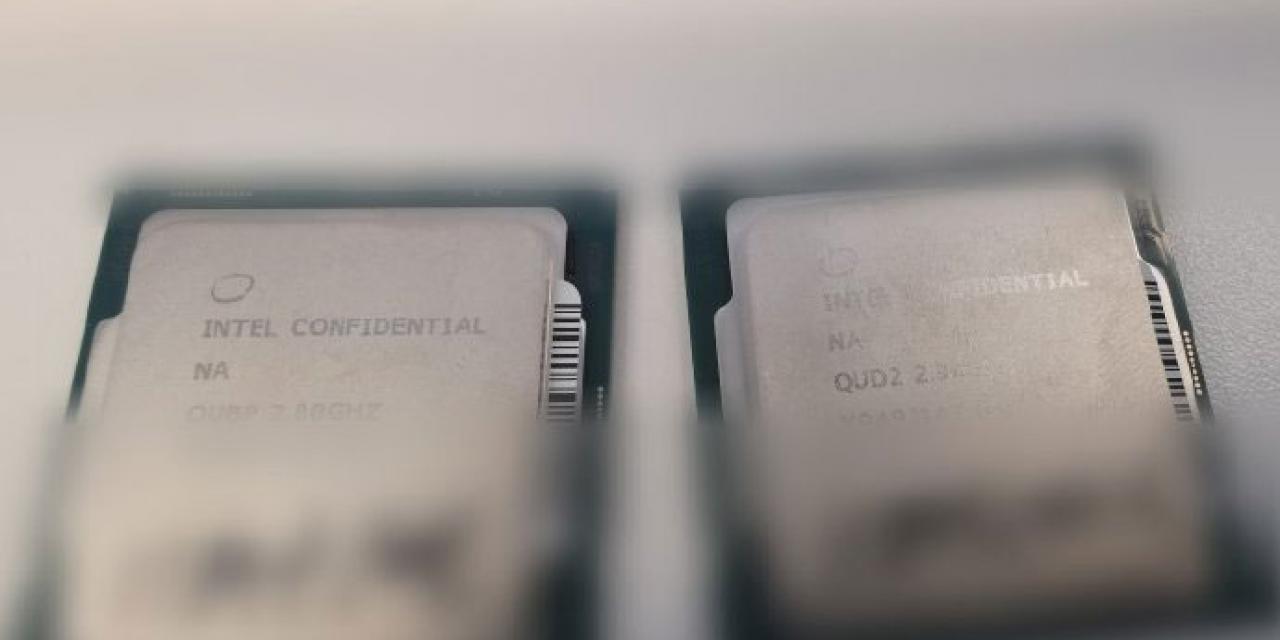
Intel's next-generation Comet Lake S chips are getting ever closer to release and that means more leaks and rumors. The latest are pictures of chips that look to be the top-tier Intel Core i9-10900K and Coire i7-10700K. They join rumored specifications of the new chips, as well as pricing and release dates. So what do we know about this new generation CPUs, and how will they compare with their stiffest competition, AMD's Ryzen 3000-series?
The new Intel CPUs will be based on a similar pricing structure to the last generation, with Core i3, Core i5, Core i7, and Core i9 CPUs, offering plenty of choice for potential buyers. There will be quad, hexa, octa, and decacore options, with hyperthreading on all but the most budget of CPUs, massively improving multi-threaded performance at the midrange where AMD has been dominating in recent years.
At the top end, two extra cores for the 10900K is a nice addition and will help it compete with AMD's 12 and 16-core alternatives, though it will still fall behind in multi-threaded performance, most likely. Clock speeds will probably make it the king of gaming though. We're told that 4.9GHz all core clocks will work right out of the box, so a 5.0GHz all-core overclock seems exceedingly likely. As for single core performance, we're told the 125w TDP will allow for clocks up to 5.3GHz when temperatures are low, and 5.2GHz when they're not.
That little bump will help push the 10900K beyond the 9900K and potentially even the 9900KS, though you'll need hefty cooling if you overclock it as that 14nm architecture is far from efficient at this point.
Elsewhere in the range expect slightly higher clock speeds than last generation, but not a lot else. This is a stopgap generation while we await Intel's eventual desktop die shrink, which could still be another year away.
In the mean time, performance should be slightly ahead of comparable AMD chips in terms of gaming, but still weaker when it comes to multi-threaded workloads. Especially at the top end where AMD's 3900X and 3950X make Intel's chips look pedestrian in comparison.
Image source: @9550pro
